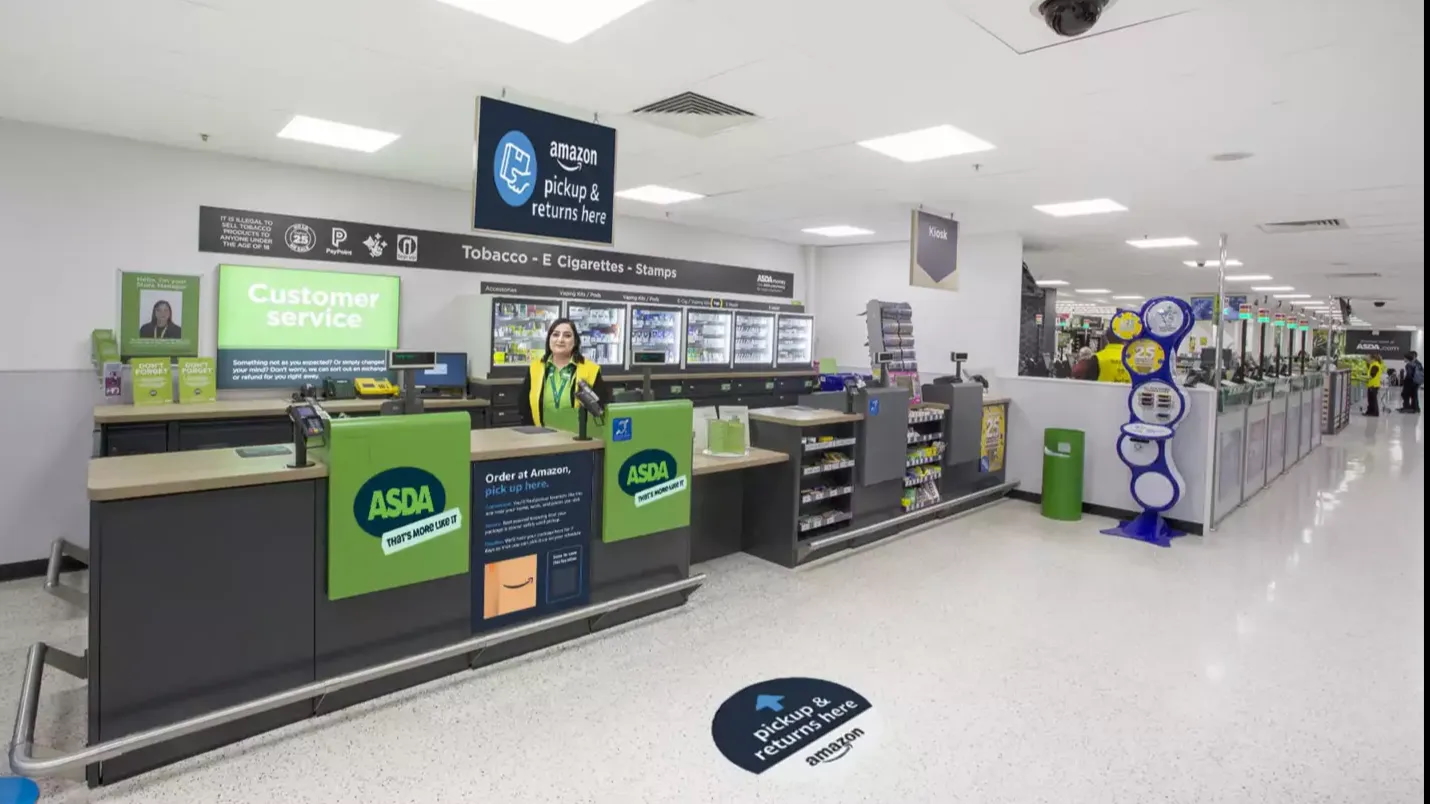Britain's largest retailers have warned that increased costs from the Labour government's recent budget could lead to widespread job losses and higher prices for consumers.
In a letter to chancellor Rachel Reeves signed by 79 retail leaders, including executives from Tesco, Boots, Marks & Spencer and Next, the industry has highlighted concerns about a £7 billion rise in annual costs following changes to employer contributions and wages.
The British Retail Consortium (BRC), which coordinated the letter, said the increased costs stem from multiple sources: a £2.3 billion expense from higher employer national insurance contributions, a £2.73 billion rise in wage costs, and approximately £2 billion related to new packaging responsibilities.
"For any retailer, large or small, it will not be possible to absorb such significant cost increases over such a short timescale," the letter states. "The effect will be to increase inflation, slow pay growth, cause shop closures and reduce jobs, especially at the entry level."
The retail sector, which employs three million people directly and supports 2.7 million more jobs through its supply chain, is particularly concerned about the increase in employer national insurance contributions from 13.8 per cent to 15 per cent, alongside a reduction in the earnings threshold from £9,100 to £5,000.
The industry leaders have requested a meeting with the Treasury to discuss potential solutions, including a phased introduction of the new national insurance threshold and a delay to the packaging levy implementation.
Prime Minister Keir Starmer has defended the budget measures, stating he would "defend decisions taken in the budget all day long."
The retail sector's concerns mirror similar warnings from the hospitality industry. Earlier this month, more than 200 leaders from restaurant, pub and hotel businesses, including the Premier Inn owner Whitbread and Mitchells & Butlers, wrote to the chancellor warning of potential closures and job losses due to the national insurance increases.
Seperately, the BRC's Scottish arm— the Scottish Retail Consortium (SRC)— has called on lawmakers to abandon a proposed surtax on grocery stores and "deliver competitive business rates". It claims the increase in employer’s national insurance contributions is set to cost retailers in Scotland £190 million each year.
Latest News
-
Tesco makes ‘significant strides’ on safety through body worn cameras
-
Flying Tiger Copenhagen appoints new group chief executive
-
Walgreens cuts over 600 jobs after buyout
-
Mango opens first store in Limerick as part of expansion plan
-
eBay and Etsy to buy Depop for $1.2bn
-
REWE opens automated fresh food facility to serve Berlin outlets
Beyond Channels: Redefining retail with Unified Commerce
This Retail Systems fireside chat with Nikki Baird, Vice President, Strategy & Product at Aptos will explore how unified commerce strategies enable retailers to tear down these barriers and unlock new levels of operational agility and customer satisfaction.
The future of self-checkout: Building a system that works for consumers and retailers
In this webinar, industry leaders discussed what the future of self-checkout looks like and how retailers can make the technology work for everyone.
© 2024 Perspective Publishing Privacy & Cookies










Recent Stories